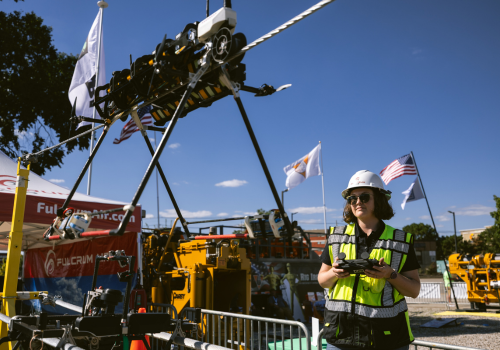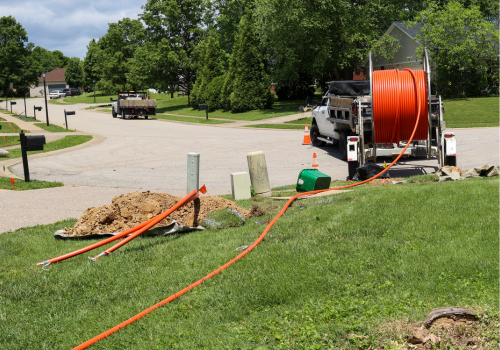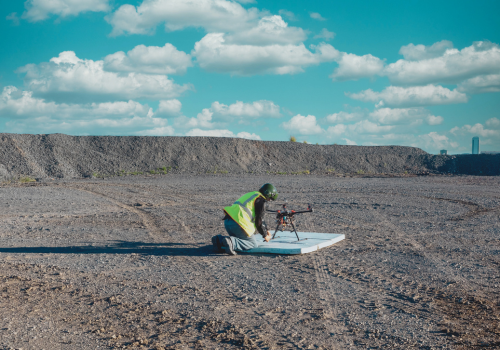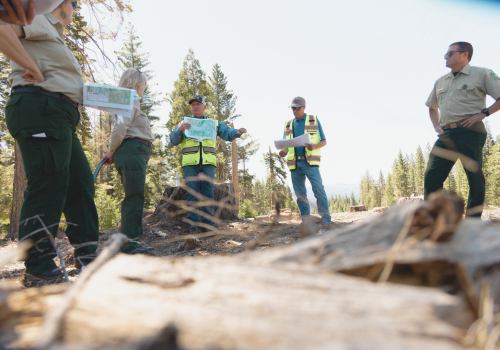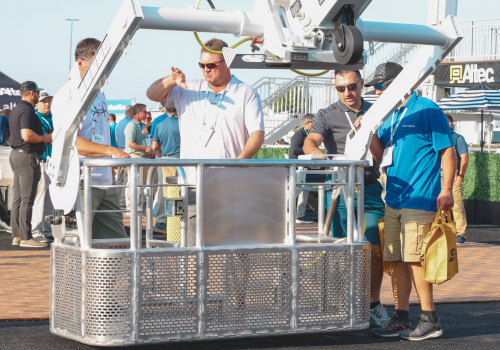Longtime Facilities Manager at Tri-County Rural Electric Cooperative, Rick Tavares, Weighs In
Tri-County Rural Electric Cooperative, headquartered in Mansfield, PA, serves eight counties and 19,000 meters (members). It has five district offices, 22 substations and 3,300 miles of line over 5,000 square miles. “It takes around three hours to drive from one end of the service territory to the other, notes Rick Tavares, the Coop’s manager of facilities and purchasing.
Electric cooperatives are private, not-for-profit businesses owned and governed by its consumers, known as members. One of 13 electric cooperatives in Pennsylvania, Tri-County Rural Electric Cooperative was organized in November 1936.
At the time, few people in rural America had electric service. Almost everyone wanted electricity but the cost was out of reach.
The government, through the Rural Electric Act of 1936, offered to lend money to electrify rural America. Neighbors began working together, established the Coop’s headquarters in Mansfield and hired people to build and operate the electric system.
Tavares joined the Coop in 2006 as its manager of facilities and purchasing. He was responsible for sourcing vehicles, equipment, tools, goods and services; working with vendors; and overseeing facilities and properties. “Pretty much anything the Coop owned I bought,” he says. “Although it was not part of my job title, I also managed the fleet.”
The Coop’s fleet of some 110 vehicles is very diverse. It includes bucket trucks, service trucks, digger trucks, SUVs, pickup trucks, four-wheelers, ATVs and tracked machines. The workforce he managed, composed of linemen, meter readers and facilities people, was about 82.
OVERCOMING SIZEABLE CHALLENGES
Before going to work for Tri-County Rural Electric Cooperative, Tavares spent 10 years as a facilities manager for Ocean Spray Cranberries in Massachusetts and then became facilities manager at the Corning Museum of Glass in Corning, NY, for five years. He began his working career in the farming industry.
“Because I had no background in the utility industry, one of my biggest challenges in going to work for the Coop was getting to know all the industry terms,” recalls Tavares. “I also had to learn the seasonality of electric distribution.
“My boss at the time, knowing that I was not from the utility industry, was very supportive.”
There was also the challenge of managing his many duties and responsibilities.
“The ability to get everything that I needed to do done was manageable,” he explains, noting that he had particularly good vendors, a great team and good information technology software from National Information Solutions Cooperative (NISC). The company develops and supports software and hardware solutions for utilities.
“The hardest part of my job was managing the crews and how they operated and maintained their vehicles,” he adds.
Some crews would do things one way and other crews who do things another way, explains Tavares. There were a lot of long-time workers who were very set in their ways. It was difficult to get everyone to do the same thing. “Eventually we were able to get everybody on the same page doing best practices.”
Another formidable challenge was communicating effectively with Tri-County Rural Electric Cooperative’s crews. Effective communication is essential, points out Tavares, because it increases worker engagement, as well as their effectiveness and productivity. The Coop had five crews and each of those crews had a crew chief.
Tavares held safety meetings at least monthly in each of the Coop’s five districts. The purpose of the meetings was to discuss any current issues, potential problems and best practices to reduce accidents and promote all aspects of safety.
Workers in the utilities industry are at an increased risk of serious injuries and fatalities because their work is dangerous, he points out. They are continuously exposed to high voltage, heights, extreme temperatures and complicated electrical equipment such as transformers.
Talk about superior time management skills, while working at the Coop, Tavares also managed his farm of 50 to 70 head of beef cattle and 200 acres of hay.
ALWAYS SEEKING KNOWLEDGE
Tavares retired from the Tri-County Rural Electric Cooperative in January 2020. Looking back at his 29 years in facilities and purchasing management, he observes that many organizations “tend to do things because they have always done it that way, not because it is the best way. For me, having an open mind, seeking knowledge and always looking to see if there is a better way to do something – has a better mousetrap been made – were keys to my success.”
He says one the best things he did to further his career at the Coop was attend The Utility Expo. Formerly known as ICUEE, the event is the utility industry's largest trade show. It covers more than 30 acres of indoor and outdoor exhibits and brings together more than 19,000 utility professionals every two years.
“The way technology is changing and all the improvements being made to vehicles, equipment, tools and products is astronomical,” says Tavares. “It is extremely important to try and keep up with it and know what is available to you.
“The Utility Expo helps you do this and that is why I am a big fan of the event. I have been seven times.”
THE UTILITY EXPO’S MANY OPPORTUNITIES TO LEARN AND GROW
The Utility Expo provides numerous opportunities to see the latest product innovations, be hands on with the newest industry technology and equipment and participate in product demonstrations, Tavares points out. “You discover things you did not even know existed and learn of a solution to a problem you might not be even aware of.”
He says he has some Coop members services and safety people that had never been to The Utility Expo along with him. “It was more than they could imagine. They were amazed at how much there was to see, do and learn.”
The gathering of industry professionals; vendors, suppliers and manufacturers to the industry; and industry peers, “all consolidated in one place, provides an opportunity to do a lot in a small amount of time,” says Tavares. “What’s more, there are plenty of networking opportunities to make new friends and spend time with others in the industry and share experiences and expertise.
“You do not know what you do not know because there will always be gaps in one’s knowledge. The knowledge you gain at The Utility Expo is unbelievable.”
Join thousands of industry peers who receive utility construction industry news and trends each week. Subscribe to The Utility Expo Newsletter.


